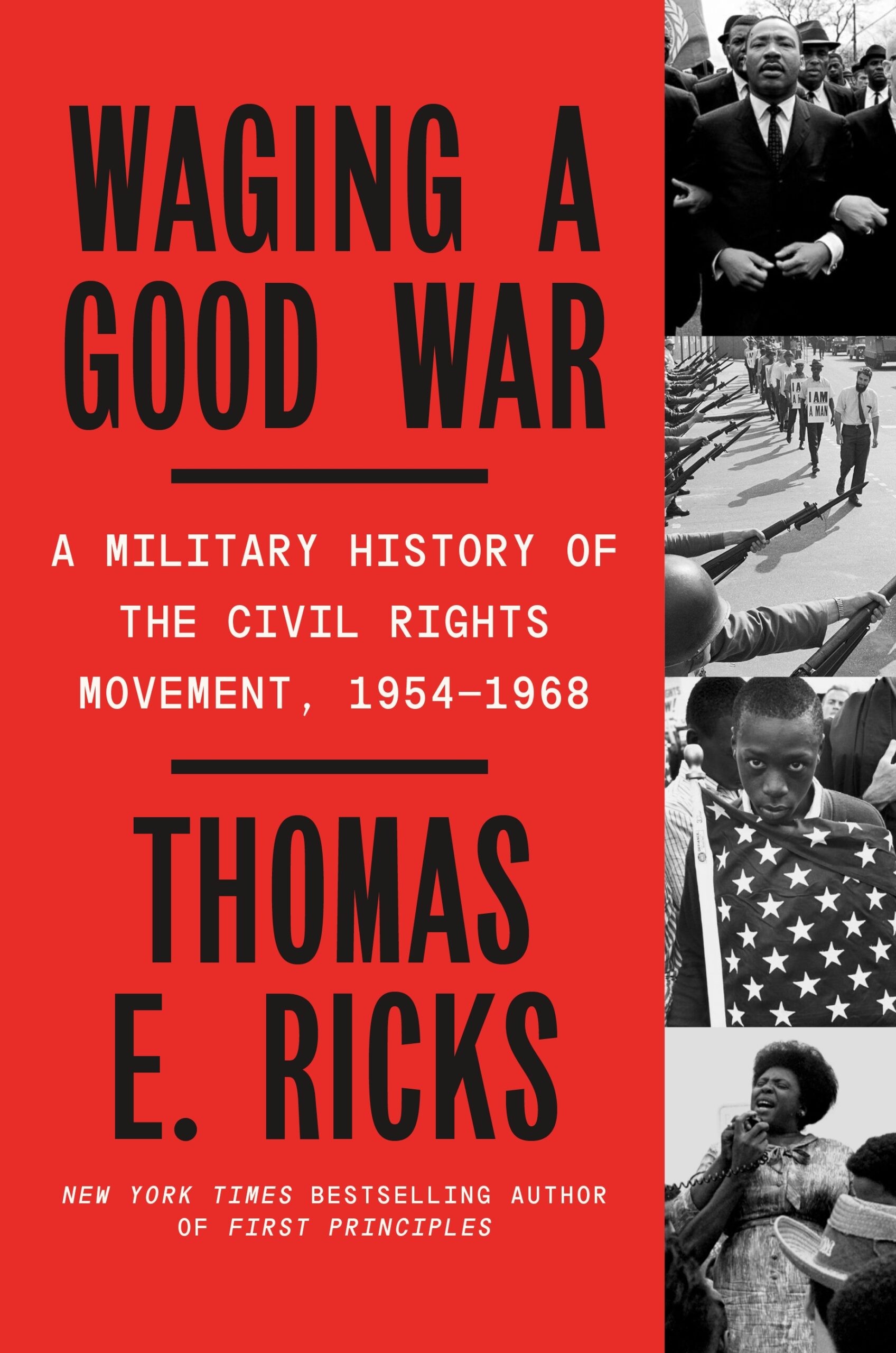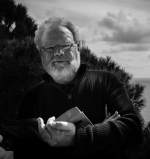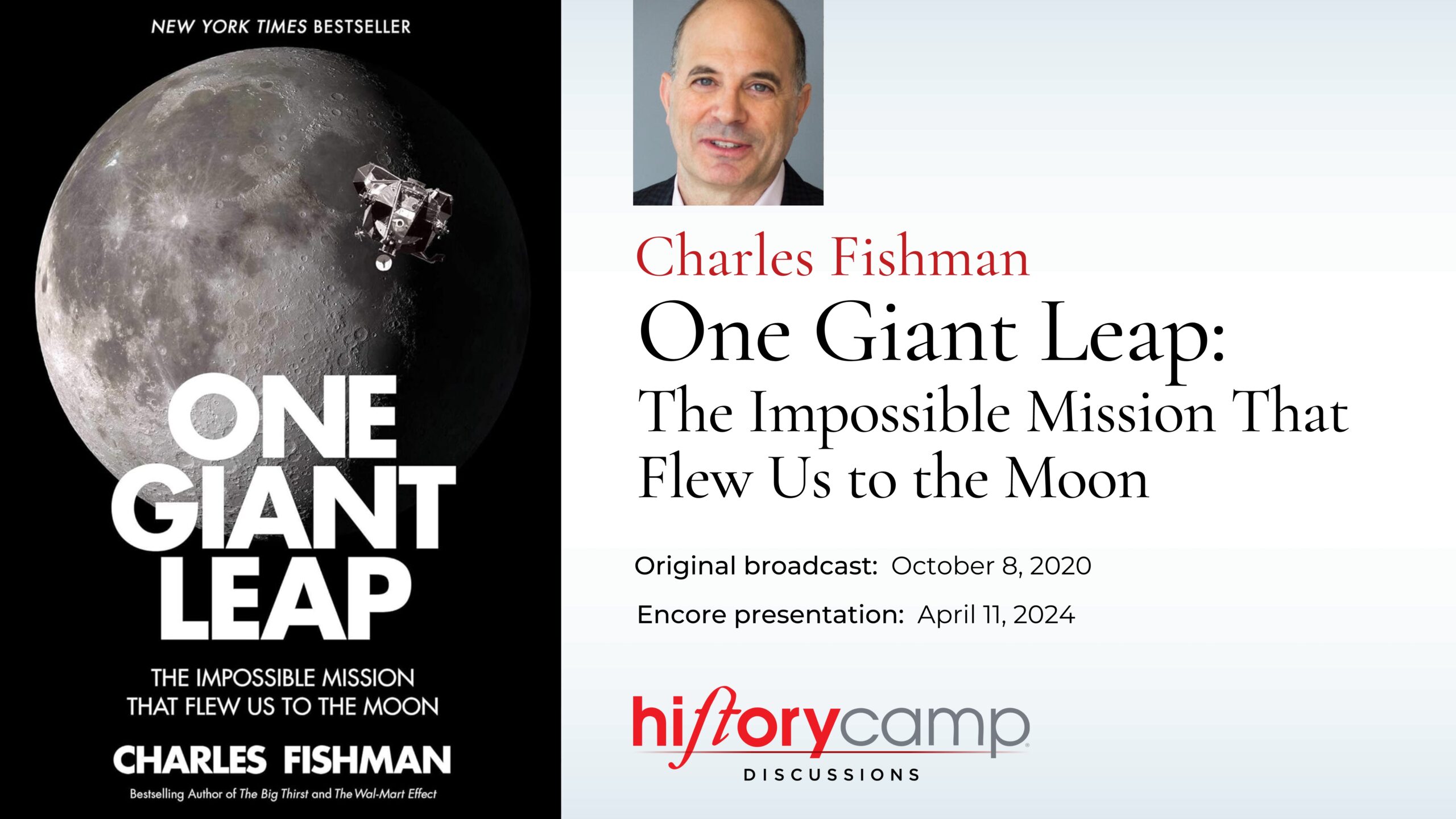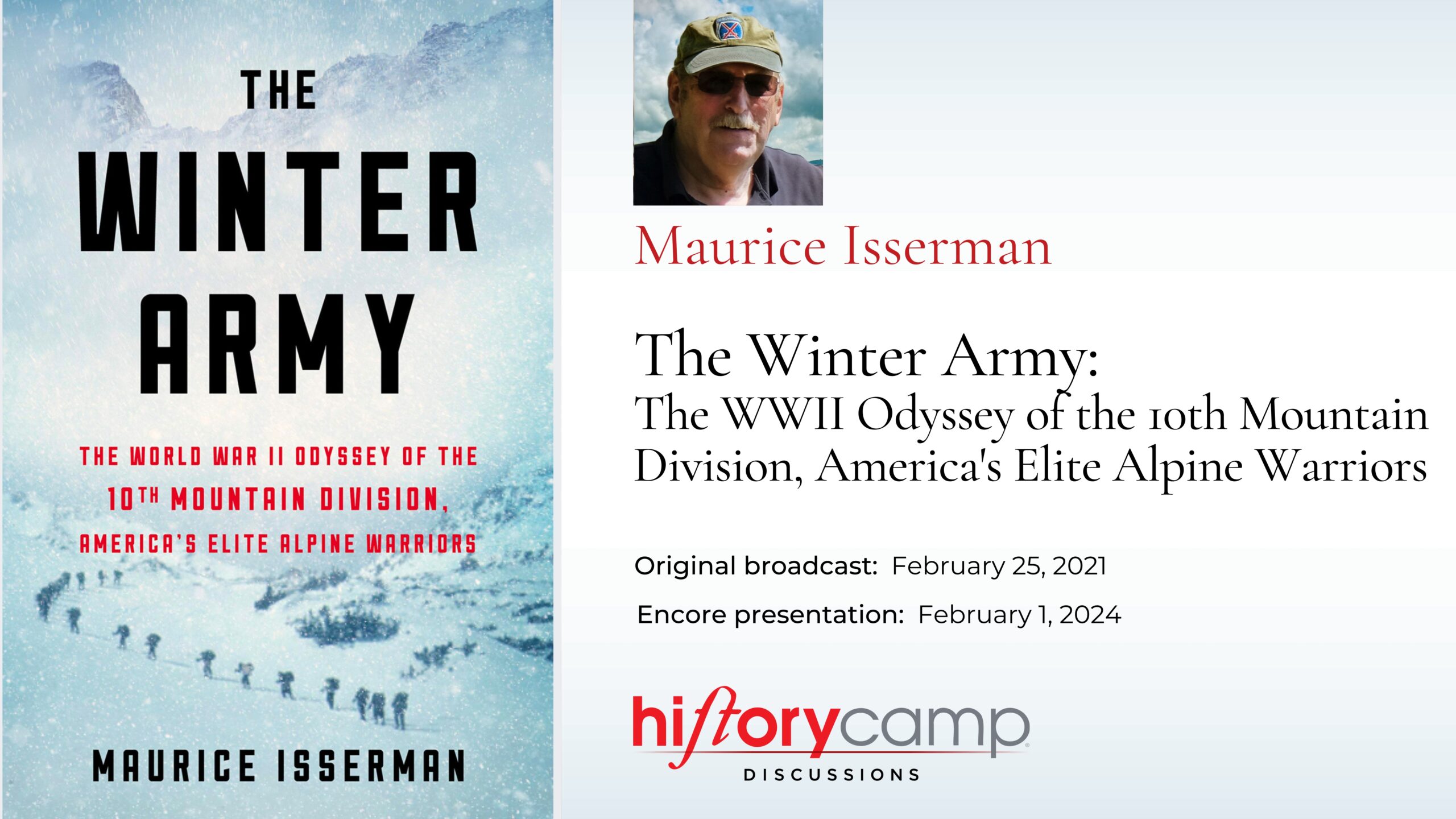Thomas E. Ricks
Waging a Good War: A Military History of the Civil Rights Movement, 1954-1968
With Waging a Good War, the Pulitzer Prize-winning journalist and best-selling author Thomas E. Ricks offers a fresh perspective on the Civil Rights Movement of the 1950s and 1960s, highlighting the Movement’s unexpected commonalities with the kind of strategic and tactical thinking that makes for a successful military. Ricks provides a riveting look at what Martin Luther King, Jr., John Lewis, and many other pivotal but less familiar figures did, and how and when it led them to success.
Surveying the key factors emphasized by movement leaders themselves—recruitment, training, planning, logistics, and communications—and taking a long view of history, Ricks shows that behind renowned victories were years of careful thought and training, and a militant commitment to nonviolence. Exploring key moments such as The Freedom Rides and The March on Washington, and hubs of resistance such as Montgomery, Birmingham, and Selma, Waging a Good War tells the history of the Movement as a series of carefully planned and audacious campaigns that constantly challenged and fended off segregationist forces. While bringing legends such as Fannie Lou Hamer and John Lewis into new focus, Ricks also highlights lesser-known figures who played critical roles in fashioning nonviolence into an effective tool—James Lawson, James Bevel, Diane Nash, and Septima Clark among them.
Today, some of the same rights that the Civil Rights Movement fought for are still under assault, making this thorough and revealing re-examination of the Movement and its tactics as urgent as ever.
[Recorded March 30, 2023]


Thomas E. Ricks is the author of multiple bestselling books, including First Principles, The Generals, and Fiasco, which was a #1 New York Times bestseller and a finalist for the Pulitzer Prize. A member of two Pulitzer Prize-winning teams in his years at The Washington Post and The Wall Street Journal, he has been called “The dean of military correspondents.” He lives in Maine and Texas.






























